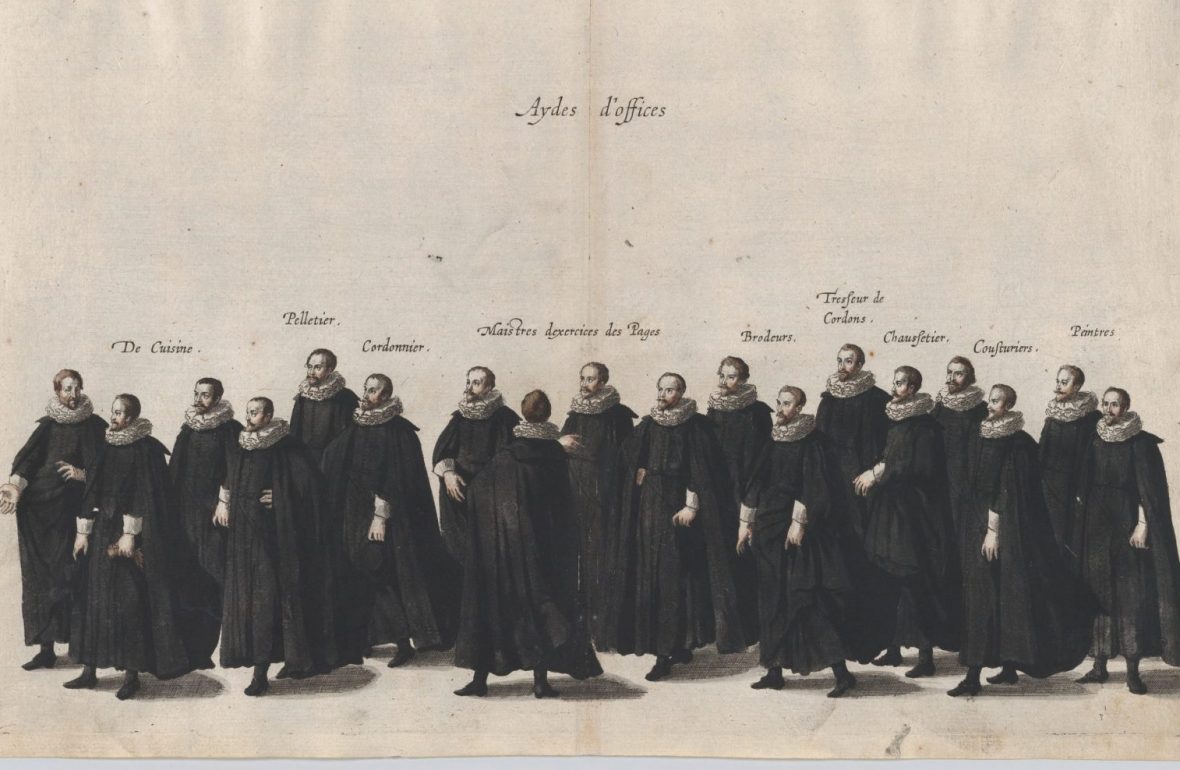
Que savez-vous du Requiem ?
Saviez-vous qu’il existe plus de 1600 Requiem ? Quels sont les plus célèbres dans l’histoire de la musique ? En écrit-on encore ?
Fauré's Requiem and Gounod's rare Messe de Clovis. Two visions of the French sacred repertoire at the end of the 19th century.
Emőke Baráth | soprano
Alexandre Duhamel | baritone
Hervé Niquet | direction
Chouchane Siranossian | first violin and solo violin
François Saint-Yves | orgue
Concert Spirituel Orchestra and Choir
"My requiem was composed for nothing....for pleasure, if I may say so...", these were the words of Gabriel Fauré when he talked about his Requiem, undoubtedly one of his best-known and most frequently performed scores. The idea of pleasure may seem incongruous in the context of a mass for the dead, but the musician envisaged it as a deliverance, almost a moment of bliss, at least spiritual. And this is perhaps the secret of its success even today, in this warm and luxuriant sound material that leads to the elevation of the spirit. Throughout his career, Gounod composed nearly twenty sacred works, most of them in the form of a mass or oratorio. The one known as Messe de Clovis is almost contemporary to Fauré's Requiem but in a completely different spirit. Here the musician returns to the neo-renaissance writing already present in earlier pieces. A 'historicising' style, certainly, but one that Gounod practised with mastery.
COPRODUCTION Théâtre des Champs-Elysées / Palazzetto Bru Zane / Le Concert Spirituel

Saviez-vous qu’il existe plus de 1600 Requiem ? Quels sont les plus célèbres dans l’histoire de la musique ? En écrit-on encore ?
Pretty Yende's charm and elegance for a kaleidoscopic programme.
The Parisian musical atmosphere of the early 20th century is celebrated with Hervé Niquet and the pianist Shani Diluka.
Shani Diluka, with Natalie Dessay, sets her metronome to that of In Search of Lost Time.